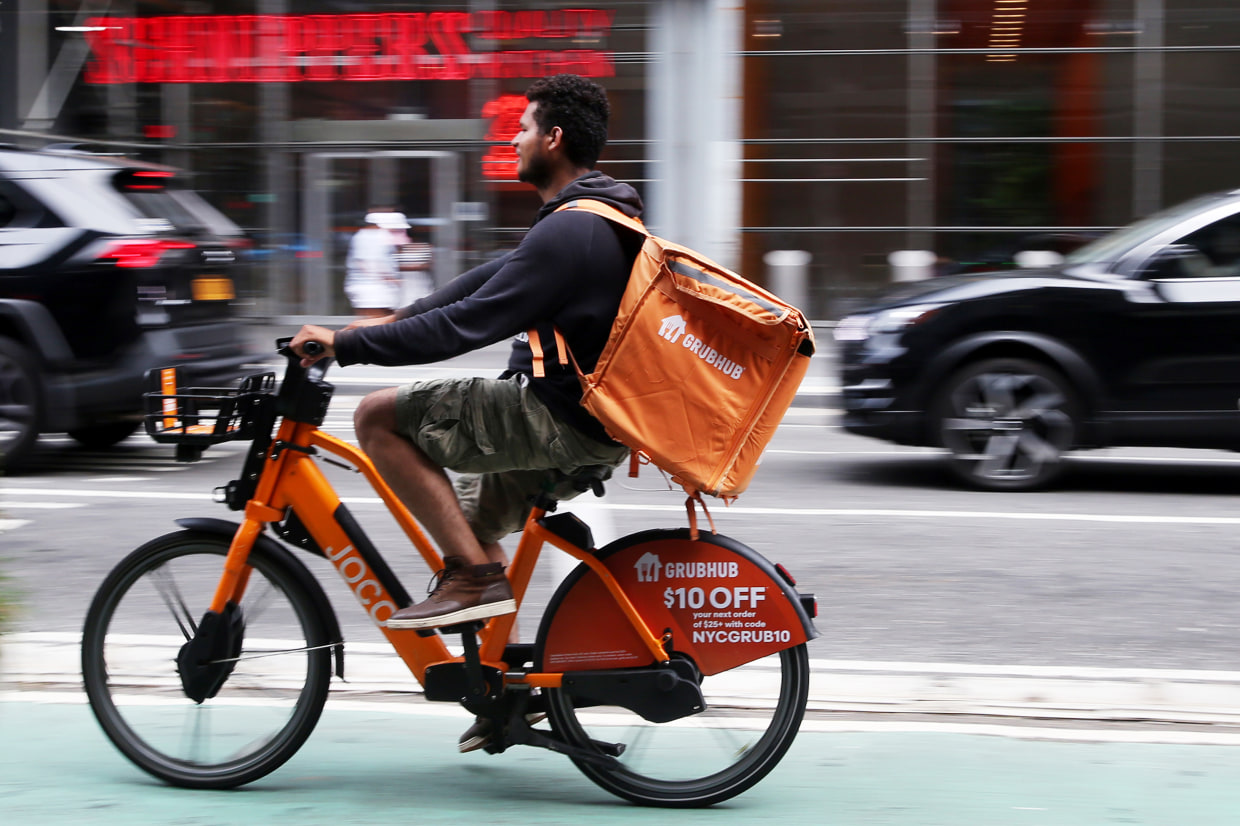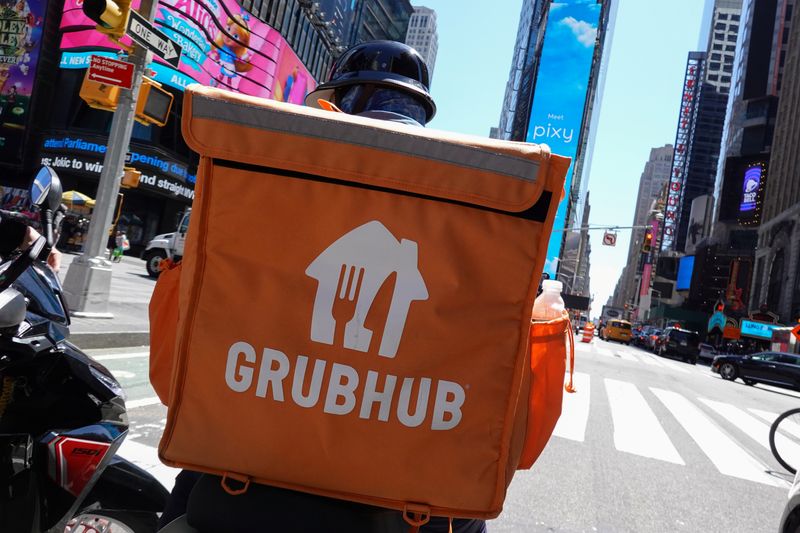Grubhub, one of the most prominent food delivery platforms in the U.S., has agreed to a $25 million settlement following allegations by the Federal Trade Commission (FTC) and Illinois Attorney General Kwame Raoul. The company faced accusations of misleading customers about fees, adding restaurants to its platform without their consent, and misrepresenting driver pay.
Here's ads banner inside a post
While Grubhub denies the allegations, the settlement marks a significant moment in the ongoing scrutiny of food delivery services and their business practices.
The Allegations: Deceptive Practices Across the Board
The FTC and Illinois Attorney General accused Grubhub of engaging in several deceptive practices, which impacted customers, restaurant partners, and drivers alike:
- Hidden Fees:
- Grubhub allegedly concealed fees until late in the ordering process, misleading customers into believing the platform was cheaper than it was.
- Grubhub+ subscribers, who paid a monthly fee for benefits, were led to believe they could avoid additional charges, which was not always the case.
- Unauthorized Restaurant Listings:
- Thousands of restaurants were reportedly added to Grubhub’s platform without their consent.
- This led to order delays, miscommunications, and customer complaints when restaurants were unaware they were listed.
- Misleading Driver Pay Claims:
- Grubhub allegedly advertised that drivers could earn up to $26 per hour.
- In reality, only the top 2% of drivers achieved this rate, leaving the majority earning significantly less.
Grubhub’s Settlement and Response
The FTC and Illinois initially sought a $140 million judgment against Grubhub but reduced the amount to $25 million based on the company’s current financial position. However, the agencies emphasized that if Grubhub is found to have misrepresented its financial situation, the full penalty could still apply.
Here's ads banner inside a post
A Grubhub spokesperson responded to the settlement:
“While we categorically deny the allegations made by the FTC, many of which are wrong, misleading, or no longer applicable to our business, we believe settling this matter is in the best interest of Grubhub and allows us to move forward.”
As part of the settlement, Grubhub must cease the practices in question and ensure greater transparency moving forward.
Impact on Restaurants and Customers
The allegations highlight the significant consequences of Grubhub’s practices on both restaurants and customers:
Here's ads banner inside a post
- For Restaurants:
Unauthorized listings caused operational disruptions, including unexpected orders and delays, damaging restaurant reputations.
“For Grubhub, these misrepresentations are a quick and cheap way to add restaurant offerings and build scale. But Grubhub’s deception harms restaurants and diners alike,” the FTC and Illinois Attorney General stated. - For Customers:
Misleading pricing practices left many customers feeling deceived, especially those who signed up for Grubhub+ expecting to save on fees.
Customers also faced frustrations with delays and poor service due to unauthorized restaurant listings.
Broader Implications for the Food Delivery Industry
Grubhub is not the first food delivery service to face scrutiny over its practices. The settlement underscores a growing trend of regulatory bodies cracking down on the gig economy and ensuring that companies adhere to ethical business practices.
The case also serves as a warning for competitors like DoorDash and Uber Eats, signaling that transparency and fairness will be critical to maintaining customer trust and avoiding legal challenges.
What’s Next for Grubhub?
Grubhub’s decision to settle allows the company to avoid a prolonged legal battle but raises questions about its long-term strategy to rebuild trust with customers, restaurants, and drivers.
To restore its reputation, Grubhub will need to:
- Implement clear and honest pricing structures for customers.
- Ensure restaurants listed on the platform have explicitly agreed to participate.
- Provide accurate earnings expectations to prospective drivers.
The settlement also calls for ongoing oversight to ensure compliance, potentially reshaping how Grubhub operates in the competitive food delivery market.
Conclusion
Grubhub’s $25 million settlement highlights the importance of transparency and ethical practices in the food delivery industry. While the company denies the allegations, the case emphasizes the need for greater accountability and fairness in its dealings with customers, restaurants, and drivers.
As regulatory scrutiny increases, Grubhub and its competitors must adapt to the evolving expectations of both users and lawmakers. For consumers, this settlement represents a step toward greater clarity and fairness in food delivery services.

